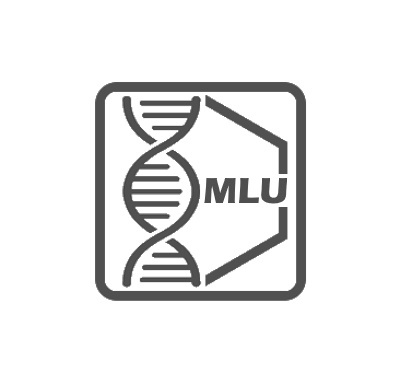Elisabeth Schwarz
Prof. Elisabeth Schwarz

Institute for Biochemistry and Biotechnology/Technical Biochemestry
Kurt-Mothes-Straße 3
06120 Halle (Saale)
phone: +49 (0) 345-55 24946
elisabeth.schwarz@biochemtech.uni-halle.de
Jens Liebold

PhD student
Molecular and Biophysical Analysis of Mutant Prodomains in Human Bone Growth Factors that Lead to Skeletal Malformations
Bone Morphogenetic Proteins (BMPs) are central players in pattern formation during embryogenesis and bone remodelling in the adult organism. The proteins are synthesized as preproproteins. While the roles of the presequences consist in targeting to the extracellular space, the roles of the prodomains are only in few cases known. For example, the prodomain of Transforming Growth Factor-b (TGF-b) a related growth factor, has been shown to maintain TGF-b in a latent, inactive form.
Circumstantial evidence has been collected by us, which indicates that also the prodomain of BMP2, confers latency when present in covalent linkage to the mature growth factor. It has been demonstrated that the pro-form of BMP2 interferes with signaling of mature BMP2 at the level of receptor binding. The biological importance of BMP prodomains becomes most evident by the observation that particular point mutations in the prodomain of GDF5 (Growth and Differentiation Factor-5) result in skeletal malformations. GDF5 which exerts a central role in bone and cartilage formation, is currently considered as a future therapeutic protein for the regeneration of cartilaginous tissue.
The aim of the project funded by the Schwerpunkt Programm of Saxonay Anhalt is to study the molecular mechanism by which point mutations in prodomains lead to skeletal malformations. The following questions will be addressed: Do the mutations influence the structure and / or the stability of the growth factors? Do the mutations lead to abnormal signaling in model assays for embryonal development? The latter question is being addressed in cooperation with the group of Dr. Petra Seemann, Brandenburg Center for Regenerative Therapies (BCRT), Charité–Universitätsmedizin Berlin.




